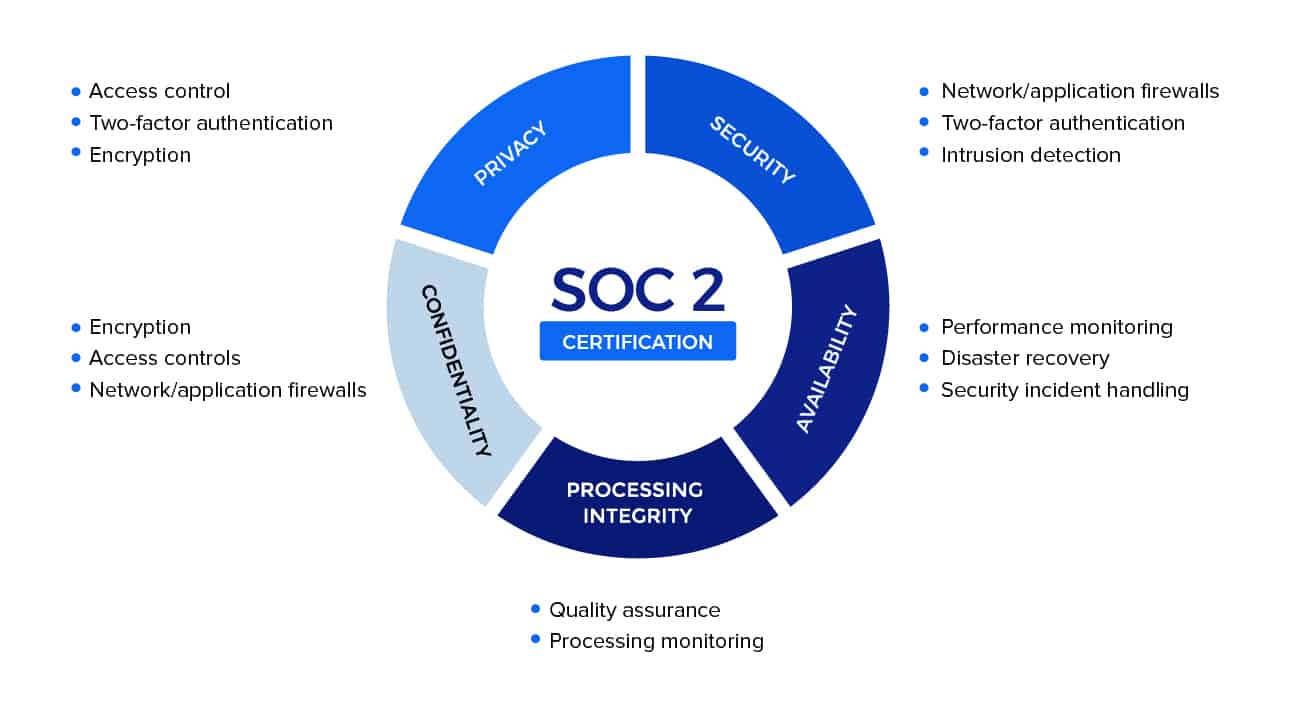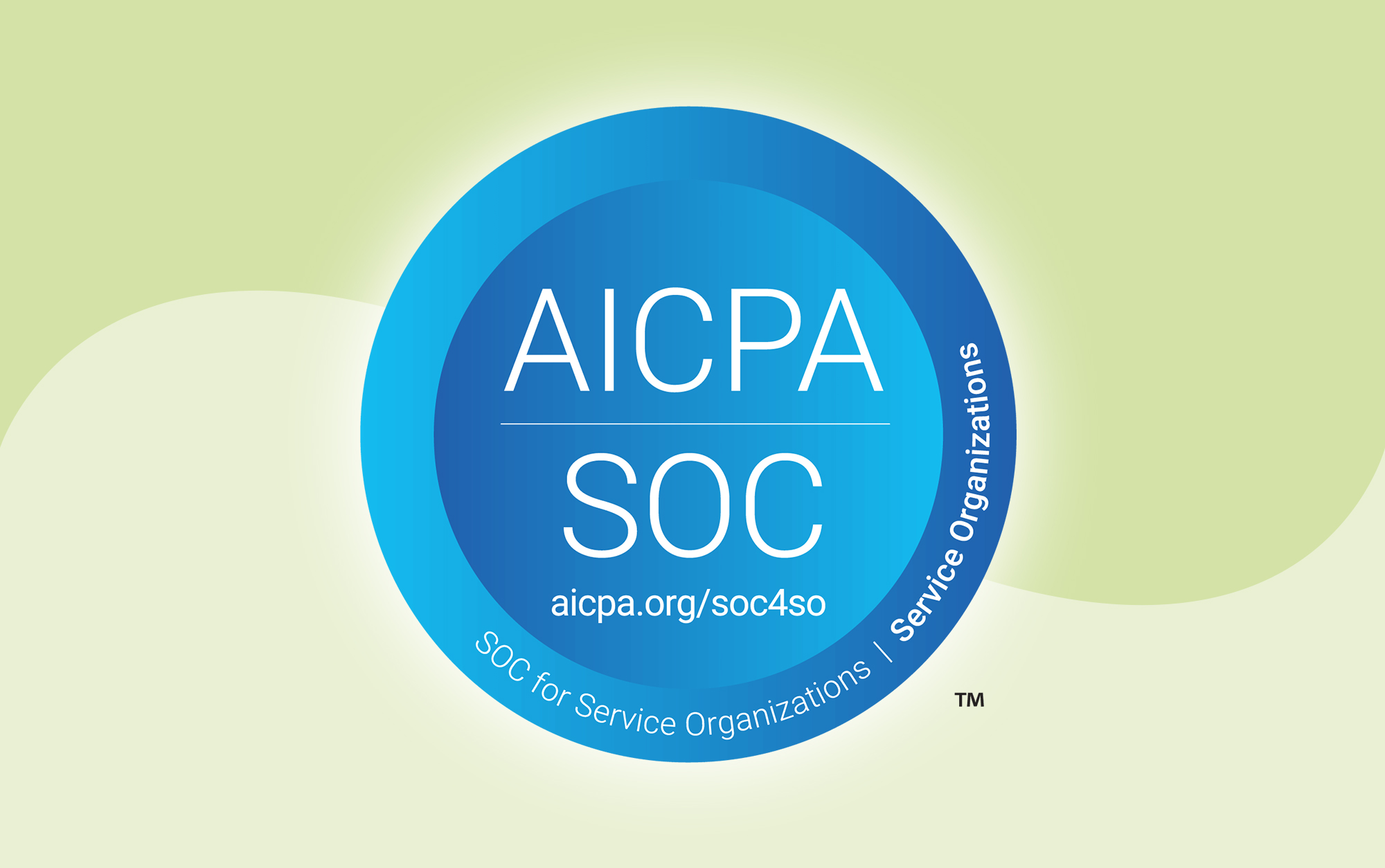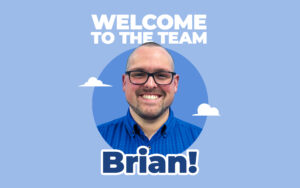Level365 is committed to building trust with all clients and we are constantly working toward aligning data privacy practices with the latest certifications and accreditations.
Today, we’re happy to announce Level365 is now SOC 2 compliant for Type I with Type II currently under way. This aims to reassure all clients that their valuable data is always safe and protected.
What is SOC 2 compliance?
Service Organization Control 2 (SOC2) is a component of the American Institute of CPAs (AICPA)’s Service Organization Control reporting platform. SOC 2 is a technical auditing process and certification that measures security and availability and serves as an assurance to clients that their data is being managed in a controlled and audited environment.
When a business is SOC 2 compliant, it signifies they implement proper security systems to ensure security, availability, processing integrity, confidentiality, and privacy of client data.
SOC 2 compliance is essential for technology-based service organizations that store client data in the cloud. This makes it applicable to most SaaS businesses, and any business that relies on the cloud to store its clients’ information.
There are two types of SOC 2 audits:
- Type I: This report describes a vendor’s systems and whether their design is suitable to meet relevant trust principles.
- Type II: This report details the operational effectiveness of those systems and includes a historical element that shows how controls were managed by a business over a minimum period of three months.
Level365 became SOC 2 Type I compliant in June 2021, and is currently undergoing the Type II compliance audit, which is anticipated to be completed in September 2021.
What does SOC 2 certification entail?
The SOC 2 certification is awarded to businesses by outside auditors upon assessing the extent to which they comply with one or more of these five trust principles:

Security
The security principle refers to the protection of system resources against unauthorized access. Access controls help prevent potential system abuse, theft or unauthorized removal of data, misuse of the software, and improper alteration or disclosure of information.
Availability
The principle checks the accessibility of the system, products or services as stipulated by a contract or service level agreement (SLA). It involves security-related criteria that may affect availability. Monitoring network performance and availability, site redundancy, and security incident handling are critical in this context.
Processing integrity
This principle addresses if a system achieves its purpose, i.e., delivers the right data at the right price at the right time. The data processing must be complete, valid, accurate, timely, and authorized.
However, processing integrity doesn’t only imply data integrity; it also includes the monitoring of data processing, along with quality assurance procedures.
Confidentiality
Information that is designated as confidential should be protected according to the User Entity’s needs. Data is considered confidential if its access and disclosure are restricted to a specified set of persons or organizations.
The principle includes encryption, which is an important control for protecting confidentiality during transmission. Network and application firewalls, along with rigorous access controls, can be used to safeguard information being processed or stored on computer systems.
Privacy
The privacy principle addresses the system’s collection, use, retention, disclosure, and disposal of personal information in conformity with an organization’s privacy notice, as well as with criteria determined by the AICPA’s Generally Accepted Privacy Principles (GAPP).
It includes protecting the unauthorized access of personally identifiable information (PII) – personal data related to health, race, sexuality, and religion is also considered sensitive and generally requires an extra level of protection.
Why is SOC 2 compliance important?
Meeting SOC 2 compliance means establishing processes and practices that guarantee oversight across a company, guaranteeing clients that their data is protected from any unusual, unauthorized, or suspicious activity.
To ensure businesses meet SOC 2 requirements, you need to receive alerts whenever unauthorized access to client data occurs. SOC 2 compliant companies are required to set up alerts for:
- Exposure or modification of data, controls, configurations
- File transfer activities
- Privileged filesystem, account, or login access
Completing the SOC 2 compliance criteria represents the dedication Level365 has to keeping our UC platform private, secure, and available. Level365 understands the need for clients to feel safe about their data, and it’s the reason why we are thrilled to feature this badge:






